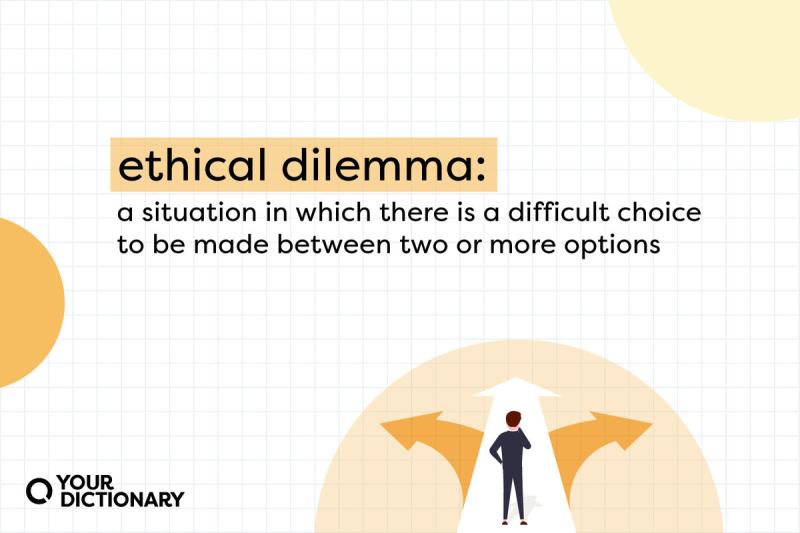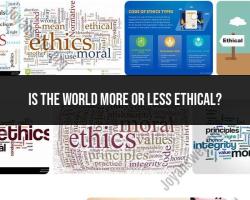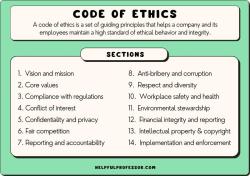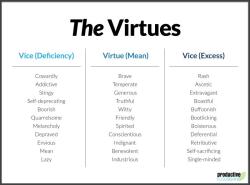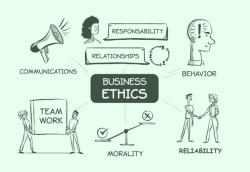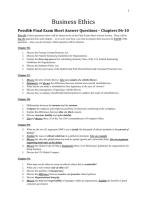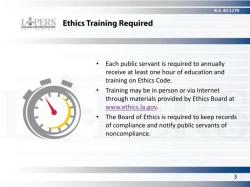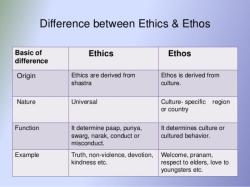Why do we ask moral dilemmas?
Presenting moral dilemmas serves several purposes, both in everyday conversations and in more formal settings such as ethics discussions, psychological research, or educational contexts. Here are some of the key reasons why moral dilemmas are presented:
Ethical Reflection: Moral dilemmas prompt individuals to reflect on their own values, beliefs, and ethical principles. They encourage people to think critically about what they consider right or wrong and how they would navigate complex moral situations.
Decision-Making Exploration: Moral dilemmas often involve difficult choices where no option is entirely free from moral concerns. By presenting such scenarios, we can explore how individuals approach decision-making and the factors that influence their choices.
Ethics Education: Moral dilemmas are commonly used in ethics education to engage students in ethical reasoning and discourse. They help individuals develop their moral reasoning skills, consider alternative perspectives, and understand the complexities of ethical decision-making.
Psychological Research: Researchers use moral dilemmas in psychology studies to investigate moral development, decision-making processes, and the factors that influence moral judgments. These studies contribute to our understanding of human behavior and moral psychology.
Team Building and Communication: In professional settings, moral dilemmas can be used as team-building exercises or as part of training programs. They provide opportunities for individuals to discuss and understand each other's ethical perspectives, fostering better communication and collaboration.
Legal and Policy Considerations: Moral dilemmas are relevant in legal and policy discussions, especially when dealing with complex issues where ethical considerations play a significant role. Examining moral dilemmas can help in crafting more nuanced and ethically sound laws and policies.
Promoting Empathy: Discussing moral dilemmas can cultivate empathy by encouraging individuals to consider the perspectives and values of others. This can lead to a greater understanding of diverse viewpoints and promote tolerance and open-mindedness.
Moral Development: For individuals, encountering moral dilemmas can be part of their moral development. Facing challenging ethical situations allows people to refine their moral principles, values, and decision-making processes over time.
Philosophical Inquiry: Moral dilemmas have been a central focus of moral philosophy for centuries. Philosophers use these scenarios to explore ethical theories, principles, and concepts, contributing to the ongoing discourse on morality.
In summary, presenting moral dilemmas serves to stimulate thoughtful reflection, promote ethical reasoning, contribute to psychological understanding, facilitate education, and enhance decision-making processes in various personal, professional, and academic contexts.
What role do ethical dilemmas play in shaping societal norms?
Ethical dilemmas play a fascinating and complex role in shaping societal norms. They act as crucibles where established values and practices are challenged, debated, and potentially transformed, leading to evolution in the moral fabric of society. Here's how this happens:
1. Raising awareness and sparking conversations: When faced with an ethical dilemma, individuals and communities must grapple with conflicting principles and consequences. This process brings attention to previously unquestioned norms and practices, igniting discussions and debates about what is right and wrong. For example, the debate surrounding genetically modified organisms forced society to examine its values regarding food production, environmental impact, and ethical boundaries in scientific advancements.
2. Testing and revising existing norms: Ethical dilemmas push existing societal norms to their limits, revealing potential inconsistencies or outdated aspects. The discomfort and confusion generated by these situations motivate individuals and institutions to re-evaluate existing norms and consider possible modifications or even complete overhauls. For instance, the ethical issues surrounding data privacy in the digital age have led to stricter regulations and a shift towards greater online privacy awareness.
3. Catalyzing social movements and change: Some ethical dilemmas can become rallying points for social movements advocating for new norms and practices. The struggle for civil rights, LGBTQ+ rights, and environmental protection are all examples of historical movements fueled by the recognition and fight against perceived ethical injustices embedded in existing societal norms.
4. Promoting empathy and understanding: Navigating ethical dilemmas often requires considering diverse perspectives and the potential consequences of actions for different groups within society. This process can foster empathy and understanding, leading to a more inclusive and just social fabric. For example, discussions about ethical considerations in healthcare access can highlight disparities and injustices faced by marginalized communities, paving the way for more equitable healthcare systems.
5. Setting precedents and establishing new norms: When societies collectively grapple with and resolve ethical dilemmas, they set precedents and establish new norms that guide future behavior and decision-making. These newly established norms may become codified in laws, regulations, or informal social codes, shaping the ethical landscape of future generations. The development of international human rights conventions is an example of how addressing and resolving global ethical dilemmas can lead to lasting positive change.
However, it's important to remember that the influence of ethical dilemmas on societal norms is not always linear or straightforward. The process can be slow, contested, and influenced by various factors like power dynamics, cultural biases, and economic interests. Nevertheless, ethical dilemmas undoubtedly play a crucial role in pushing societies towards greater moral clarity, inclusivity, and justice.
Feel free to ask further questions if you'd like to explore specific examples of how ethical dilemmas have shaped societal norms throughout history or discuss the challenges and opportunities involved in navigating these complex situations.
